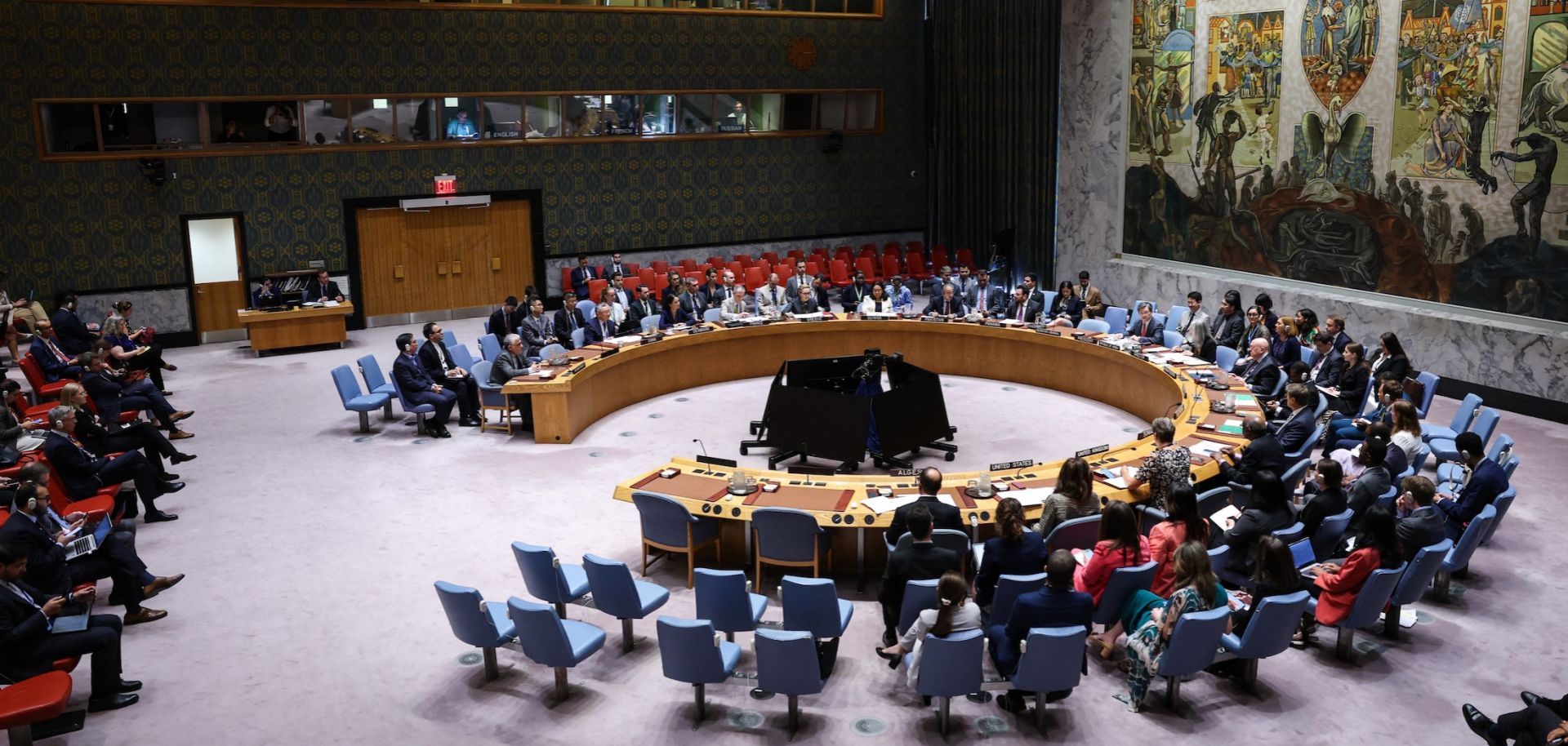Iran's initial response to the snapback of U.N. sanctions will likely be pragmatic, but over time, the economic fallout from the sanctions could prompt Tehran to double down on its relationships with Russia and China, fuel social unrest within Iran, and strengthen the political influence of Iranian hard-liners who are calling for more aggressive action against the West. Wide-ranging U.N. sanctions against Iran were formally reimposed on Sept. 28. This action followed months of unsuccessful negotiations between Iran and the West, and also came after a last-ditch effort by China and Russia to delay the sanctions was defeated in a U.N. Security Council vote two days prior, with the United States and European powers opposing the delay. The reimposition of U.N. sanctions was widely anticipated after Europe's so-called E3 countries -- France, Germany and the United Kingdom -- triggered the sanctions snapback provision in the 2015 Iran nuclear deal, formally...

